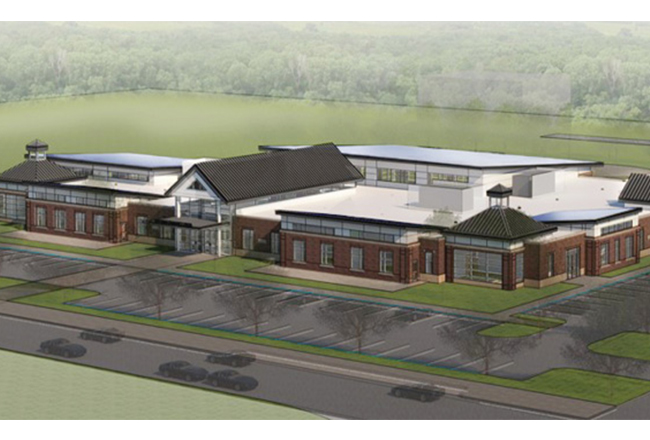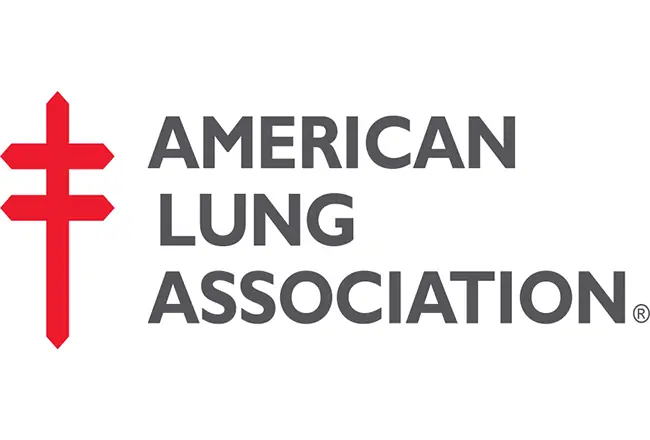What do you do when you”™re the third-largest company by revenues in your industry ”” and the top two have recently filed for bankruptcy protection?
If you”™re Townsquare Media in Greenwich, you pretty much keep doing what you”™ve always done.
“We”™ve always focused on small and medium-size radio markets,” said Dhruv Prasad, co-CEO of Townsquare at its 240 Greenwich Ave. address. “We started out with radio broadcasting, and have rolled out our digital and live products over time.”

Townsquare”™s assets include 317 radio stations and more than 325 local websites in 67 U.S. markets; an estimated 550 live events with nearly 18 million attendees each year in the U.S. and Canada; a digital marketing services company, Townsquare Interactive, that serves more than 12,000 small- to medium-sized businesses on a monthly subscription basis; and a digital advertising network focused on music and entertainment that reaches more than 50 million unique visitors each month.
Last month the company announced that its net revenue for the year ended Dec. 31 was $507.4 million, down 1.7 percent from the previous year”™s $516 million. That”™s a far cry from market leader iHeartMedia”™s and its 855 stations; it recently said it expected to report consolidated revenue of about $6.2 billion for 2017 ”” down from $6.26 billion in 2016 ”” and second-place Cumulus Media, with 445 stations and 2017 net revenue of $1.13 billion, down from the previous year”™s $1.14 billion.
The big difference, of course, is that both iHeart and Cumulus have filed for bankruptcy protection, in March and last November, respectively. Cumulus, which is attempting to eliminate more than $1 billion in debt, is expecting a court ruling on its reorganization plan on May 1. iHeart is working on an agreement to restructure $10 billion of its $20 billion-plus debt load.
“We think (the bankruptcy filings) could present opportunities for us,” Prasad said. “It”™s certainly uncommon in any industry for the No.1 and No.2 companies to both be going through such significant financial issues at the same time.
“Of course,” he continued, “we don”™t have any visibility into whether they”™re planning to sell any markets or stations ”” but we”™re hopeful that they might.”
Townsquare”™s acquisition strategy has most recently netted it WOUR-FM in Utica from Galaxy Communications for $3.95 million in February, and three radio stations in Trenton, New Jersey, from Connoisseur Media for approximately $17 million in March.
“We seek strong brands in a given marketplace,” said Bill Wilson ”” who with Prasad was named co-CEO last October when founder and CEO Steven Price was named to the new role of executive chairman of the board ”” about Townsquare”™s methodology. “A station that has a strong heritage position in its marketplace, and on-air talent that not only delivers music and news to the listener, but also has a perspective on what”™s happening in town or can give a local take on a national news story, is ideal.”
All on-air personalities post on each station”™s blog, Wilson said, estimating that the net result is more than 30,000 pieces of original content being posted each month.
But to say that everything”™s copacetic at Townsquare would be inaccurate. As noted above, net revenue was down last year ”” primarily due to its live events revenue falling by 8.6 percent to $158.8 million. As a result, Prasad said the company would decrease its number of live events from approximately 500 to around 350 this year, “and focus on events that are more on the profitable side.”
He further stated that North American Midway Entertainment (NAME) ”” the largest provider of rides, games and food concessions on the continent, which it acquired for $75.5 million in 2015 and is included in the live events division ”” had a “very difficult” year in 2017. Noting that many of the workers involved with NAME require H-2B temporary visas to work in the U.S., he said the “political football” that immigration issues have become under the current administration has played havoc with staffing in that sector. As a result, Townsquare is “open to discussions” about a possible sale of NAME, he said.
At the same time, local marketing solutions posted net revenue growth of 0.4 percent in the fourth quarter of 2017 ”” its 16th consecutive quarter of positive, organic growth ”” and 1.9 percent growth for the full year. The company”™s board also approved its first-ever quarterly cash dividend, of $0.075 per share, payable on May 15 to shareholders of record as of the close of business on April 2.
Meanwhile, the executive team is redoubling its efforts to make in-person visits to each of its stations; Wilson said that he, Prasad and Erik Hellum, chief operating officer for local media “have been on the road about 80 percent of the time since October, to show that we”™re giving the attention and time to each of our markets that we feel we should.”
There”™s a popular perception that radio as a format could be in trouble, and not just due to iHeart”™s and Cumulus”™ bankruptcies. Broadcast station mergers and acquisitions volume in the U.S. totaled $311.9 million in the first quarter, one of the lowest in the past four years, according to media research group Kagan.
“The narrative out there now is that radio is dead because of the bankruptcies,” Prasad said. “But nothing is further from the truth. Radio is still the #1 reach medium in America, and according to Nielsen 93 percent of Americans (aged 18 or over) listen to radio each week.”
Would the company entertain the idea of tackling one of the country”™s top 250 markets, should the opportunity present itself?
“We never say never,” Prasad smiled. “Our focus has been small and medium markets, which has made us the most stable of what are the top three right now. But the danger of us getting ”˜too big”™ is not something we”™re worried about.”






















